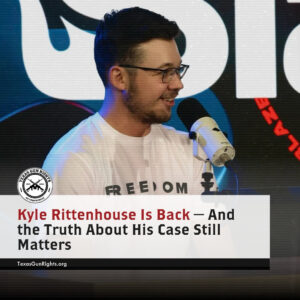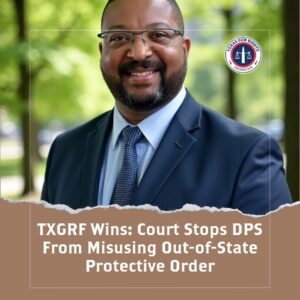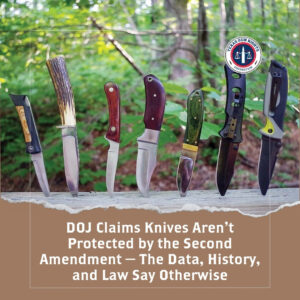A Historic Judgment with Modern Ramifications
Last week, a federal bankruptcy judge ordered that Alex Jones must sell Infowars to help satisfy the $1.28 billion defamation judgment awarded to the families of Sandy Hook victims.
For many Americans, the name “Alex Jones” provokes strong reactions—whether ridicule, admiration, or anger.
But no matter how one views Jones personally, this ruling raises serious questions about the future of free speech in America.
This is not a defense of his rhetoric, but rather a warning: if billion-dollar judgments can bankrupt controversial figures and force the liquidation of entire media outlets, then the precedent could be applied far beyond Alex Jones.
Free Speech on Trial
America has a long history of protecting speech—especially controversial speech.
In the 1988 case Hustler Magazine v. Falwell, the Supreme Court made clear that even offensive and outrageous commentary deserved First Amendment protection.
Yet today, in the wake of the Jones ruling, we may be seeing a weaponization of civil judgments as a tool to silence dissenting or unpopular voices.
If Jones can lose his company for speech deemed harmful, who is to say that a future lawsuit couldn’t target a gun rights group for “dangerous rhetoric” about the Second Amendment? The chilling effect here is undeniable.
Sandy Hook and the Gun Control Playbook
Whether or not one agrees with Jones’ infamous “hoax” claims, there is no disputing one fact: Sandy Hook was weaponized to push a radical gun control agenda.
In 2013, President Obama and Senators Joe Manchin and Pat Toomey launched the universal background check push—what gun owners rightly called “universal gun registration.”
At the same time, Senate Democrats pushed hard for a sweeping “assault weapons” ban and magazine restrictions.
Though those bills ultimately failed, the fight marked a turning point in American gun politics.
It was this very battle, following Sandy Hook, that fueled the explosive growth of the National Association for Gun Rights (NAGR), the no-compromise affiliate of Texas Gun Rights — especially after the NRA folded like a cheap suit by supporting the gun control bill.
By mobilizing grassroots pressure, NAGR led the successful charge against Toomey-Manchin, defeating one of the largest federal gun control pushes in decades
Exploiting Tragedy: A Pattern
Sadly, Sandy Hook was not an isolated case of political opportunism. Each time tragedy strikes, gun control advocates attempt to capitalize:
Columbine (1999) → new calls for universal background checks.
Virginia Tech (2007) → NICS gun registry expansion.
Sandy Hook (2012) → universal gun registration, AWB revival.
Uvalde (2022) → Bipartisan Safer Communities Act.
The pattern is clear. Democrats (and some Republicans) sensationalize tragedy to push their long-term goal of disarming law-abiding citizens.
So even if you don’t believe Alex Jones should’ve called Sandy Hook a hoax— he was right to say that elites would exploit it to attack the Second Amendment.
The Danger of Precedent
The forced sale of Infowars does not happen in a vacuum.
When controversial speech results in billion-dollar penalties, the precedent threatens every advocacy group, church, commentator, and publication that dares challenge the political establishment.
If a federal judge can order Jones’ company dismantled, what happens when a Soros-funded prosecutor or activist group targets gun rights organizations next? The implications are chilling.
Jones’ case serves as a reminder of why groups like Texas Gun Rights and NAGR exist in the first place.
While the left exploits tragedy to push bans and registries, no-compromise organizations mobilize the grassroots to stop them.
As Chris McNutt, President of Texas Gun Rights, put it:







